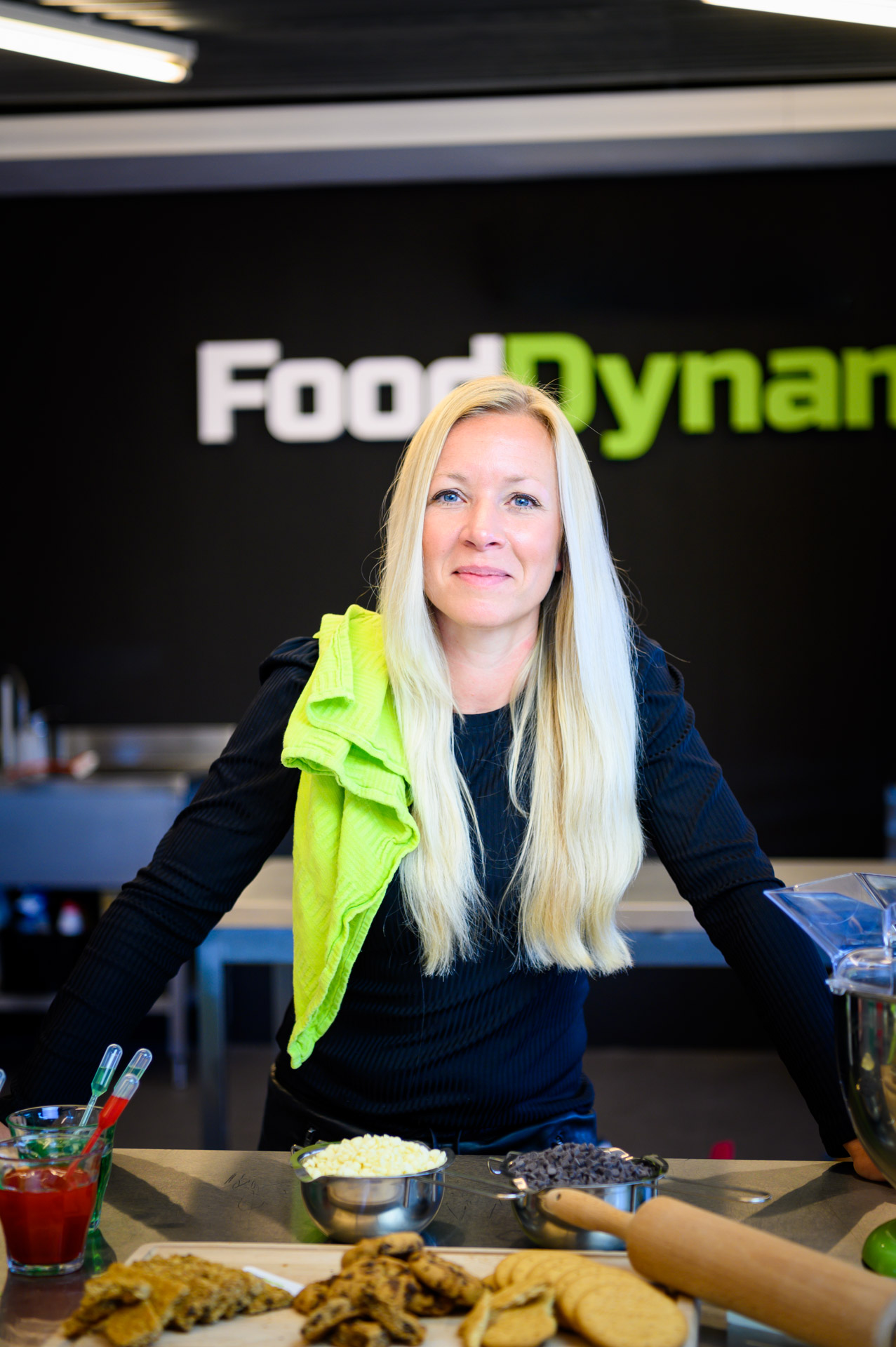The Biggest Failed Product Launches
Blue Coke?! Pepsi’s blue cola… The cola brand launched Pepsi Blue in 2002, but apparently no one was interested in that. This example illustrates very well that most people are not very fond of change. Cola should be dark brown, not blue…
Between 1500 and 2000 new products appear in the supermarket every year. However, 7 out of 10 product introductions quietly disappear from the shelves.
I would like to take you on a list of the biggest failed product introductions. If you do not want to end up in this list? Watch the whole video ;).
Green ketchup
The fact that consumers do not like strange color changes when it comes to food or drink, also became very clear after a trial at Heinz. Two years later, with green ketchup. It didn’t sell, because consumers are used to ketchup being red. The green color of the ketchup, was judged by the consumer as chemical. The product quickly disappeared from the shelves.
Companies sometimes forget to look at the new product from the consumer’s perspective. Does the customer want it?
Frozen meal from a toothpaste manufacturer?
Hearing the name Colgate, makes you immediately think about toothpaste. Not that strange.., since the brand is mainly known for its products for oral hygiene. Yet, the company dared to deviate from that path in 1982. It came up with ready-to-eat frozen meals.
This failed completely, as consumers associated the brand with toothpaste. It was difficult for the consumers-brain to process frozen meals with the logo of a toothpaste brand.
It’s more common for products to fail when brands develop and launch a product that appears to be outside their area of expertise.
WOW! Potato chips…
This product was ‘to good to be true’. In the late 1990s, Frito-Lay introduced a miracle cure to the ‘salty snacks’ shelf, optimistically named WoW! The manufacturer claimed that WOW! was a fat-free potato chips. But that turned out differently. The potato chips had side effects that were comparable to the effect of laxatives; abdominal cramps and diarrhea. In the end, the users of the chips actually shouted Wow!! but for the wrong reason…

Quicker breakfast?
In 1998, Kellogg introduced Breakfast Mates. An all-in-one package containing a serving of cereal, a small carton of milk and a plastic spoon. The aim was to save time at breakfast, for busy families. But a consumer test found that preparing a bowl of breakfast cereals the traditional way, took just one second longer than preparing a bowl of Breakfast Mates.
For a successful product launch
- Do you need to know why consumers do or do not buy certain products and respond to this;
- Ensure that your innovation leads to a market-ready product that is distinctive and clear;
- Make sure the product has been tested and check that, the product does what it promises.

